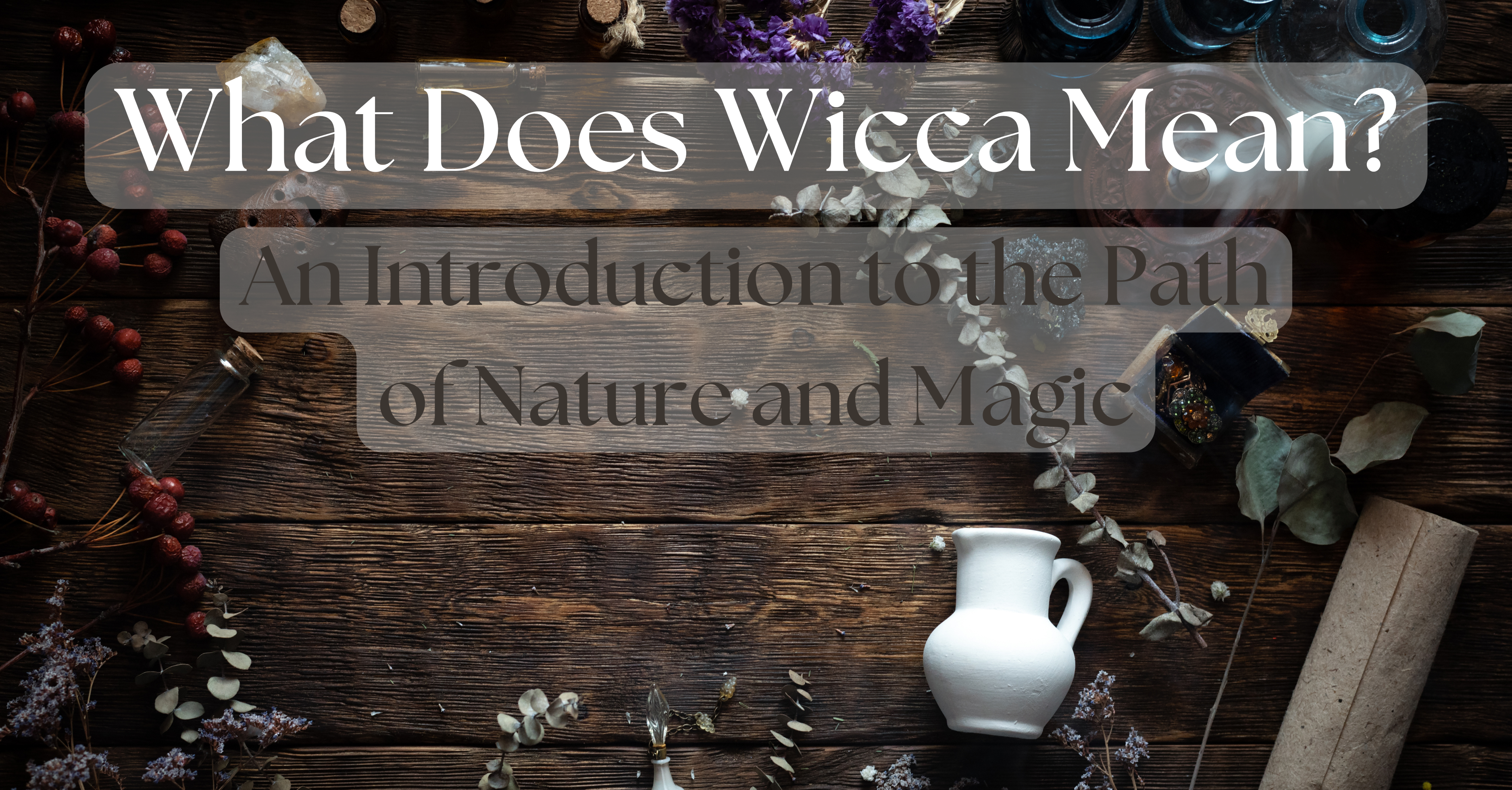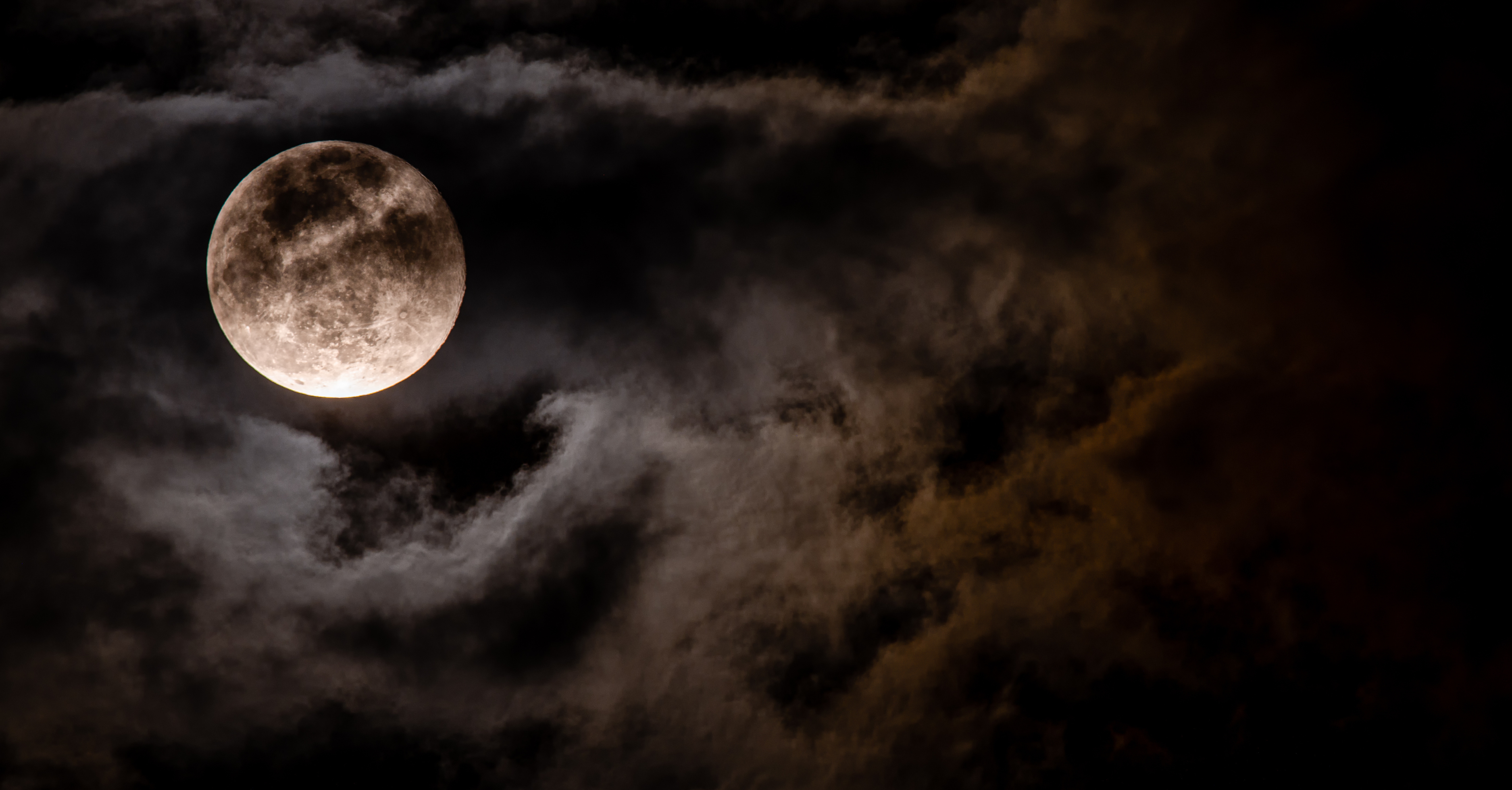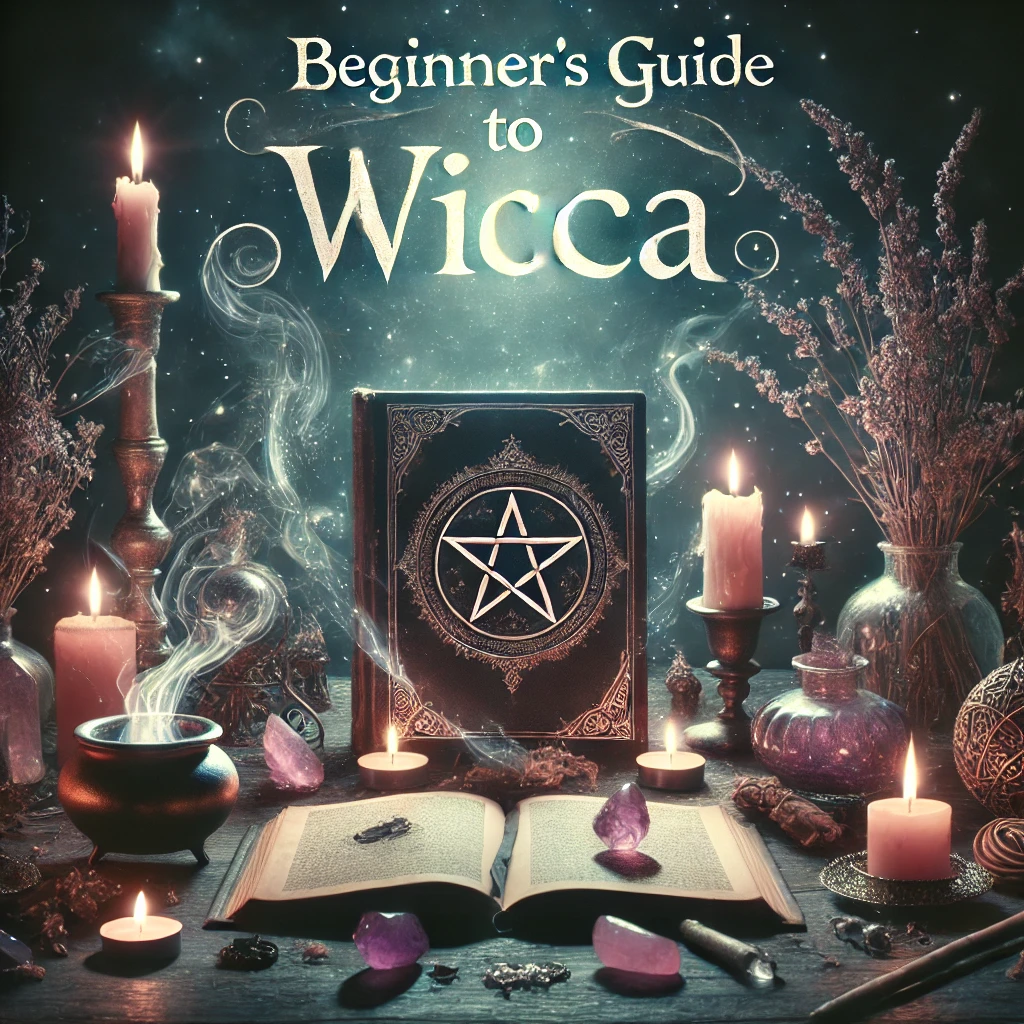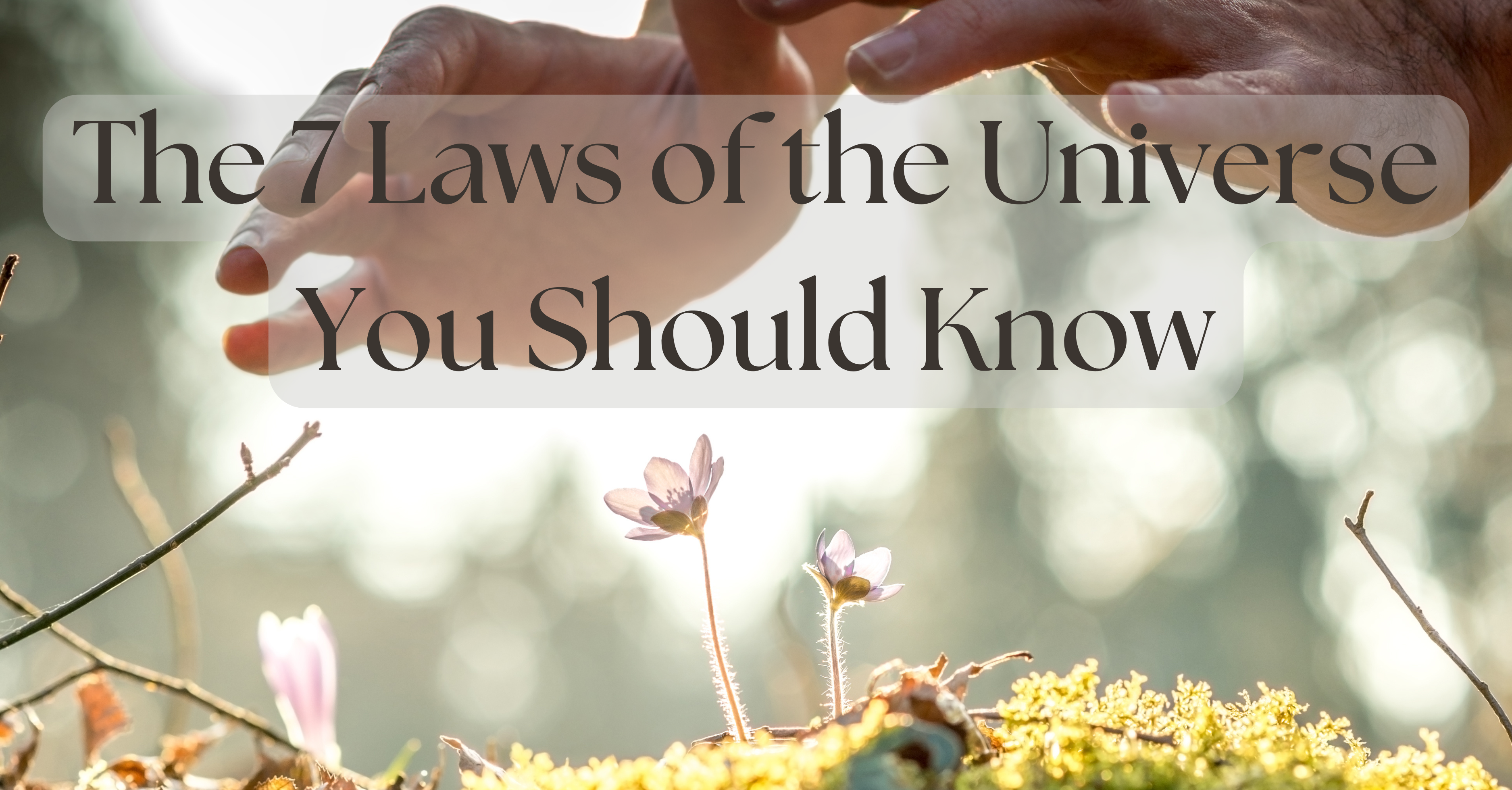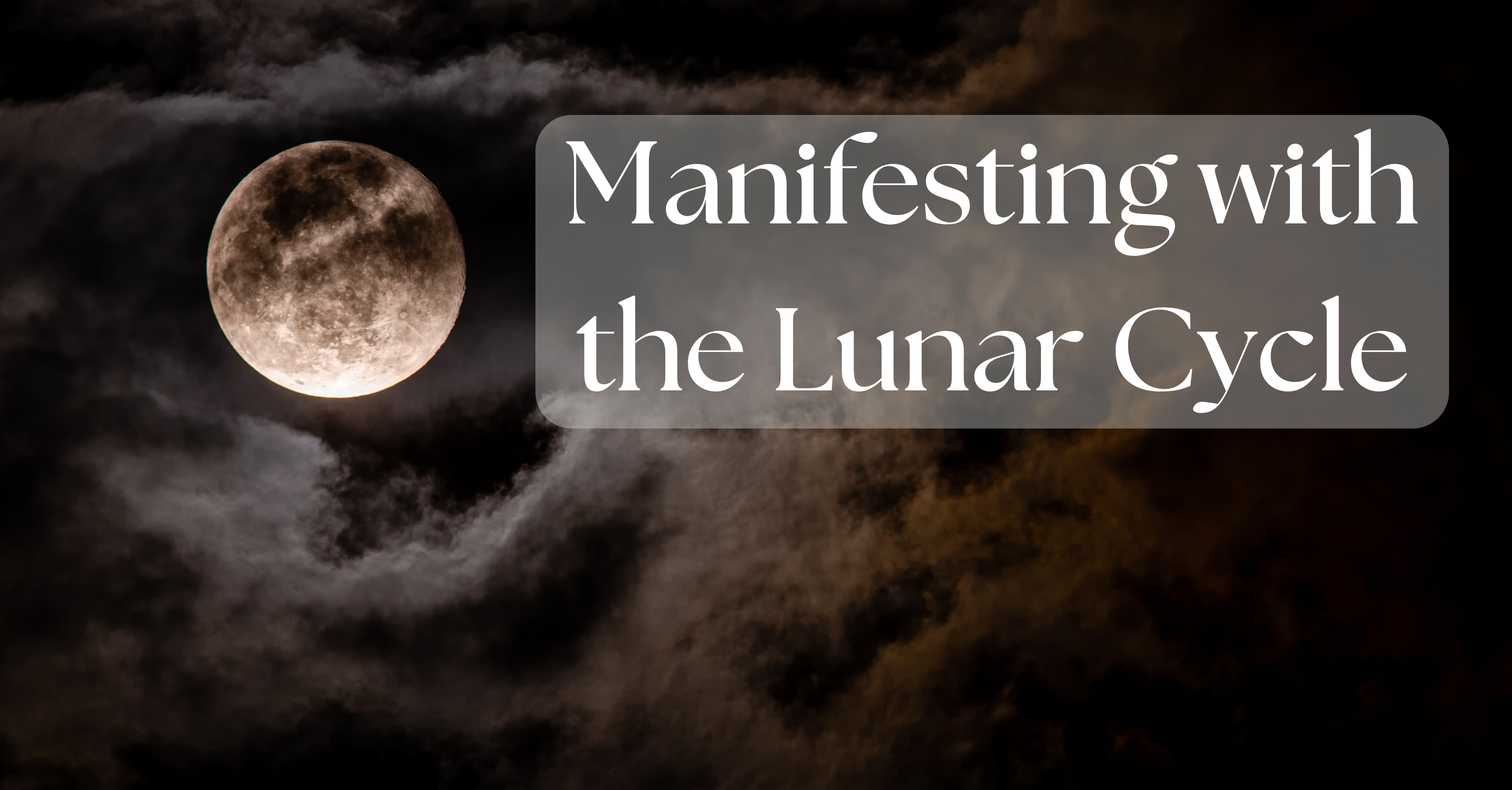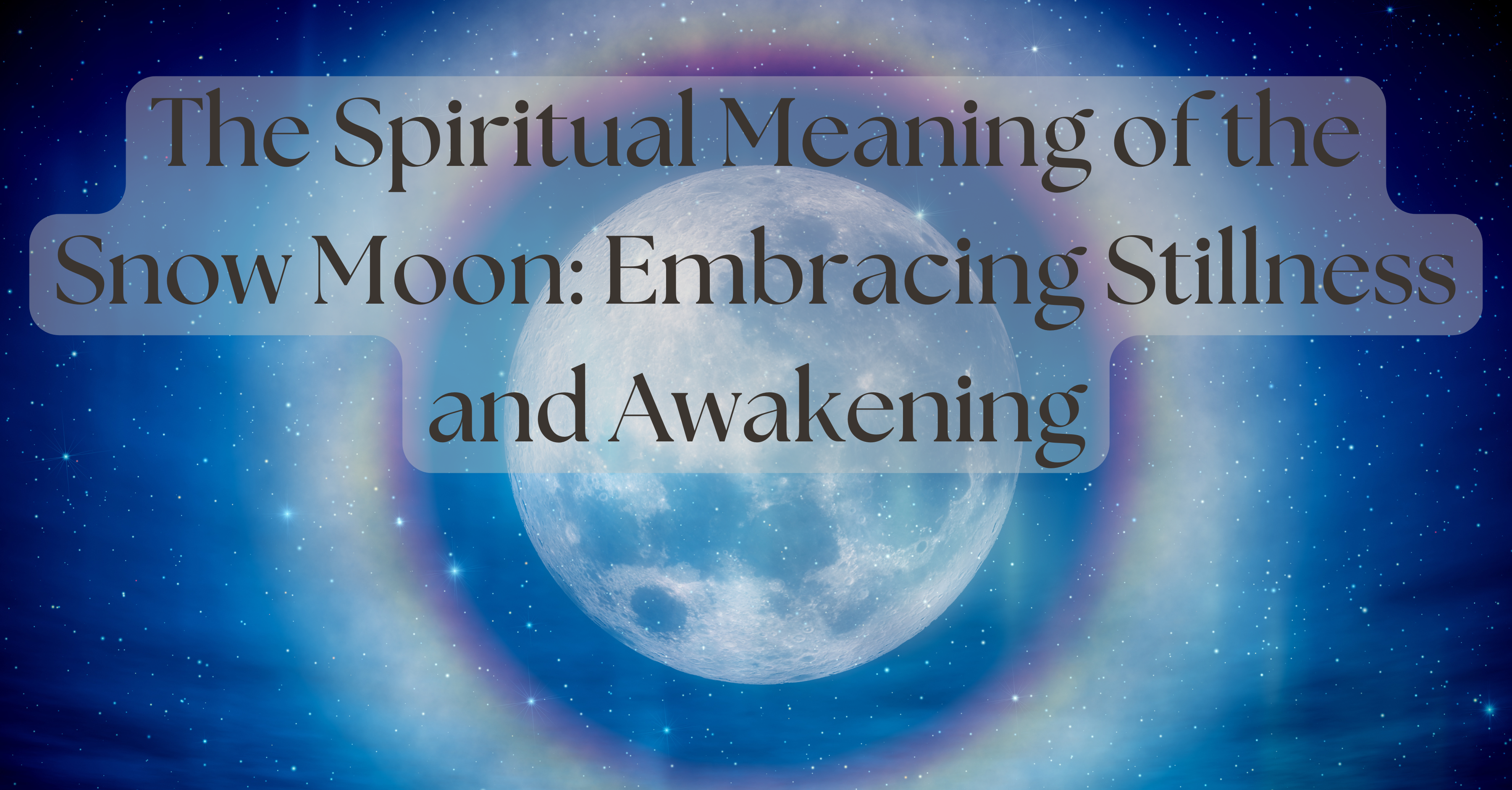Wicca is a modern Pagan religion rooted in ancient practices, honoring nature, magic, and the divine. It is both a spiritual path and a way of life, inviting its practitioners to live in harmony with the Earth, embrace their intuition, and work with energies to create positive change. But what exactly does Wicca mean, and what sets it apart from other spiritual paths? Let’s explore its essence, origins, and significance.
The Meaning of Wicca
The term “Wicca” is often thought to derive from Old English words wicca (pronounced “witch-uh”) and wicce (pronounced “witch-eh”), which referred to practitioners of magic or wise folk. Some interpret it to mean “wise one” or “to bend,” reflecting the ability to shape energy and work with the natural flow of life.
At its core, Wicca is a spiritual tradition that celebrates the cycles of nature, honors deities that embody both feminine and masculine energies, and embraces personal empowerment through magical practices.
A Brief History of Wicca
Wicca as we know it today was popularized in the mid-20th century by Gerald Gardner, a British occultist who brought together elements of ancient Pagan traditions, ceremonial magic, and folk practices. While Wicca draws inspiration from ancient cultures and pre-Christian beliefs, it is a modern religion that has evolved to meet the needs of contemporary practitioners.
Key features of Wicca include:
- Reverence for the Earth and the natural cycles of the seasons.
- The practice of magic as a tool for transformation and healing.
- The belief in a dual divine principle, often represented as the Goddess and the God.
Core Beliefs of Wicca
Reverence for Nature
Wiccans view nature as sacred and interconnected. The turning of the seasons, the phases of the moon, and the elements (earth, air, fire, water) are all central to Wiccan practice. This reverence inspires many Wiccans to live sustainably and align their rituals with natural cycles.
The Goddess and the God
Wiccans honor divine energy in both feminine and masculine forms. The Goddess often represents the nurturing, creative aspects of life, while the God symbolizes vitality and transformation. Together, they embody balance and unity.
The Wiccan Rede
A guiding principle in Wicca is the Wiccan Rede, which states: “An it harm none, do what ye will.” This encourages practitioners to act responsibly and avoid causing harm to others, themselves, or the Earth.
The Threefold Law
Many Wiccans believe in the Threefold Law, which suggests that whatever energy you send out—positive or negative—returns to you threefold. This principle encourages mindfulness and ethical behavior in both magical and mundane actions.
Personal Empowerment Through Magic
Magic in Wicca is about channeling energy to manifest intentions and create change. It is not about supernatural powers but rather working with natural forces and personal will. Whether casting a spell, meditating, or creating a ritual, Wiccans view magic as a way to align their inner and outer worlds.
Wicca as a Way of Life
For many, Wicca is more than a religion—it is a holistic way of life. It encourages mindfulness, gratitude, and a deep connection to the world around us. Wiccans celebrate the eight Sabbats, or seasonal festivals, which mark the turning points of the year, as well as the phases of the moon through Esbats. These observances help practitioners stay attuned to the rhythms of nature and their own lives.
Modern Wicca: Diverse and Inclusive
One of Wicca’s strengths is its adaptability. There is no single “right” way to practice Wicca; it is a deeply personal path that allows for individuality and creativity. Some Wiccans practice in covens, while others are solitary practitioners. Some follow specific traditions, like Gardnerian or Alexandrian Wicca, while others take an eclectic approach, blending practices and beliefs that resonate with them.
What Wicca Is Not
It’s important to address some common misconceptions about Wicca:
Wicca is not devil worship.
Wiccans do not believe in or worship the devil, a concept rooted in Christian theology.
Wicca is not about harming others.
The ethical principles of Wicca strongly emphasize causing no harm and acting responsibly.
Why Wicca Matters
In a fast-paced, technology-driven world, Wicca offers a path back to nature, balance, and inner peace. It reminds us to honor the Earth, trust our intuition, and recognize the sacred in everyday life. For those seeking a spiritual practice that celebrates individuality, creativity, and connection, Wicca provides a meaningful and empowering path.
Whether you’re new to Wicca or have been practicing for years, its teachings invite you to embrace your inner wisdom, work with the energies around you, and live in harmony with the world. Blessed be! 🌙✨


